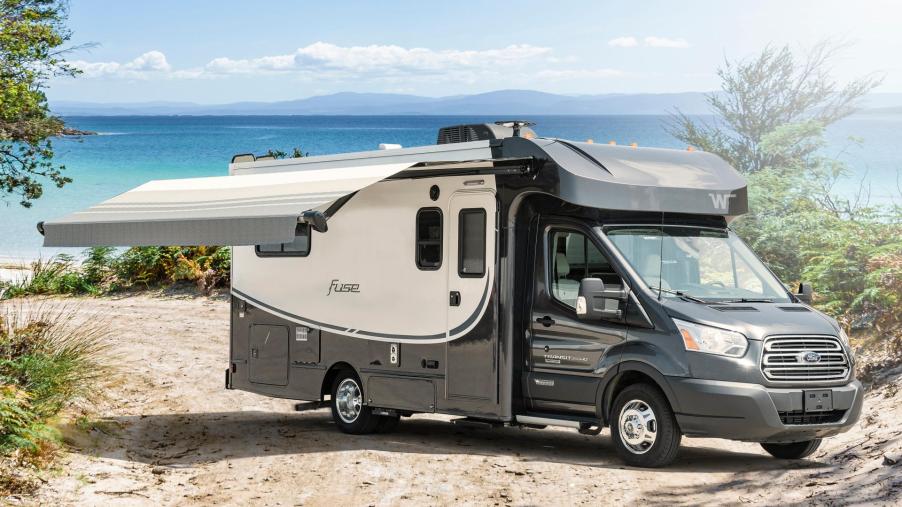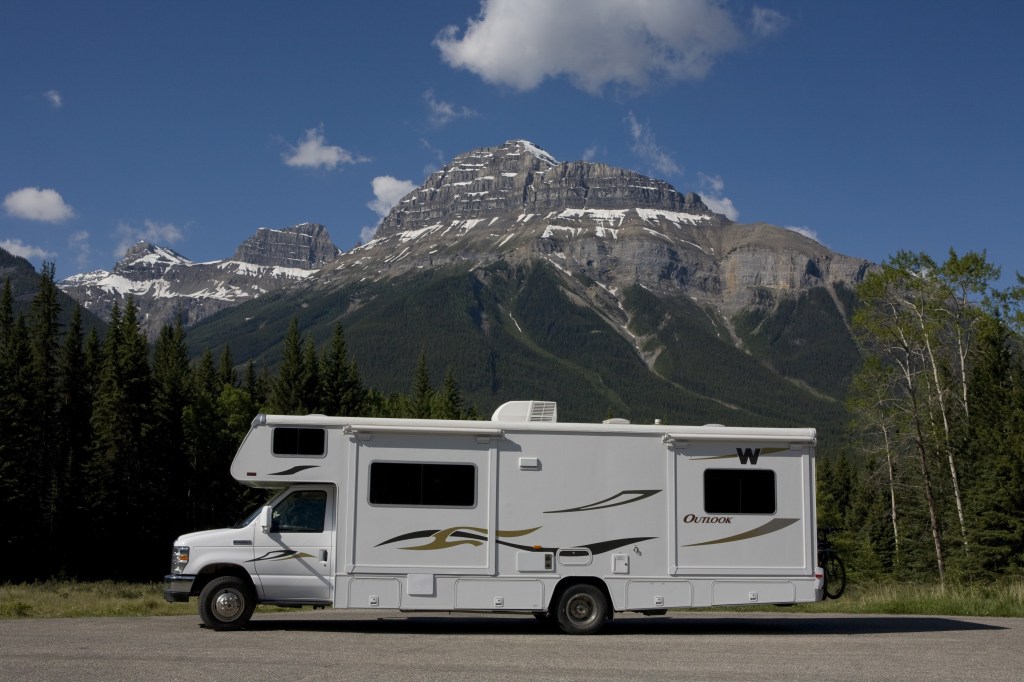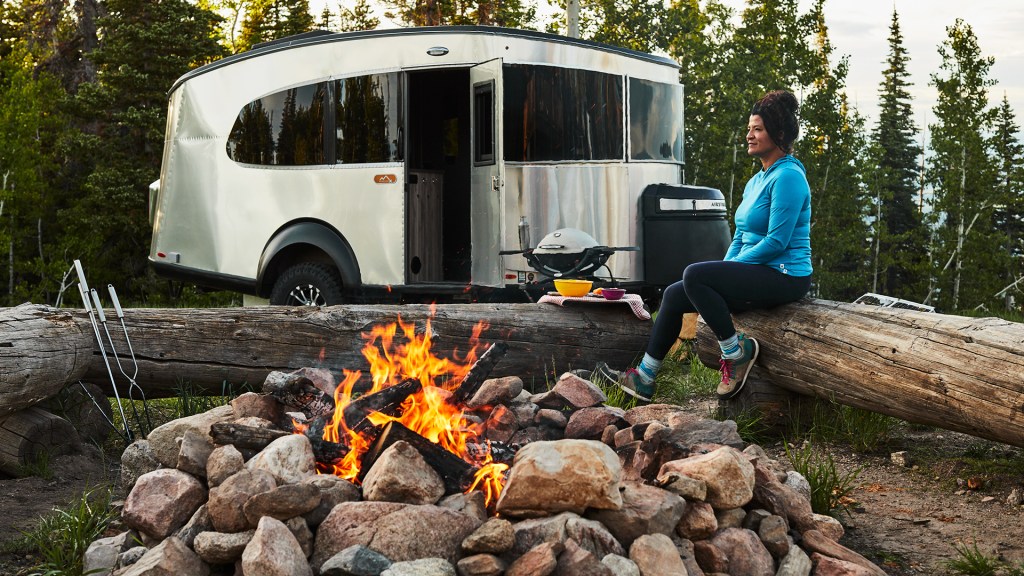
You Need to Do This Before Storing Your RV
This is the time of year that people start wrapping up their warm-weather vacation plans. That means there are going to be a lot of motorhomes, pop-up campers, fifth-wheels, and travel trailers about to get put into storage for a few months. Regardless of the type of RV people enjoy, taking care of a few things before the mobile headquarters gets put away can make the difference between jumping right into the new adventure next year, or being faced with troublesome repairs before going anywhere.
Wash and Wax Your RV

Washing and waxing your RV may seem trivial. But, it does save you from a little more work in the long run. Washing your RV will remove grit, grim, and other particulates that may have attached themselves to the vehicle. Removing those things with a good wash ensures that the paint will retain its luster and shine longer. A good wax afterward puts a nice coating that makes it harder for things to stick to the paint surface. So, when the RV goes back in use again, less effort has to be made to remove those awful water streaks and sticky leaves.
Check the seals on your RV
Once the RV is washed and waxed, you can check all the seals. When you were taking the time to wax your RV up on the roof or around the windows and slide-outs, you probably noticed the condition of the seals. If they look old or cracked it may be time to address them. Do it quickly, if resealing is necessary, before the weather gets too cold, or at least find an indoor place for you to do the work that allows you to be out of the elements and warm while you wait for the seals to cure. If you are uncomfortable doing the work, some RV dealerships offer resealing as part of their winterization service packages. This can work to your advantage in the long run.
Remove all food and beverages
This next tip is a no brainer. Before storing your RV, go through all the cabinets and remove all food and beverages. This goes for the refrigerator too! Removing those goods will lessen the opportunity for mice and other rodents to sniff things out and invade your rig when nobody is looking. Additionally, nobody likes to come back to an RV that smells of spoiled food or has sticky drink rings on the bottom of old bottles. While you are at it, after you clean them, leave the refrigerator and microwave cracked open to eliminate the opportunity for any smells to develop.
Winterizing the RV
If your area sees temperatures drop below freezing, then winterizing your RV is necessary. Long story short, winterizing ensures that plumbing will not burst during the vehicle’s hibernation. It removes unused water from the systems and introduces special mixtures or antifreeze to greatly reduce or eliminate possible water expansion damage from freezing temperatures. If you do not feel comfortable doing this yourself, go to an RV dealer ask them to walk you through the process. But make sure it is done either way.

The list above of things to do before storing an RV is by no means extensive. It is, however, a listing of some good tips to keep in mind every time you plan on stepping away from your mobile palace for a good amount of time, especially during the cold weather months. Keeping them in mind will go a long way to preventing surprises from leaks, funny smells, rodent damage, and possibly broken pipes. Enjoying an RV for as long as possible is a joy everybody should have. Following these tips will help you achieve that.


